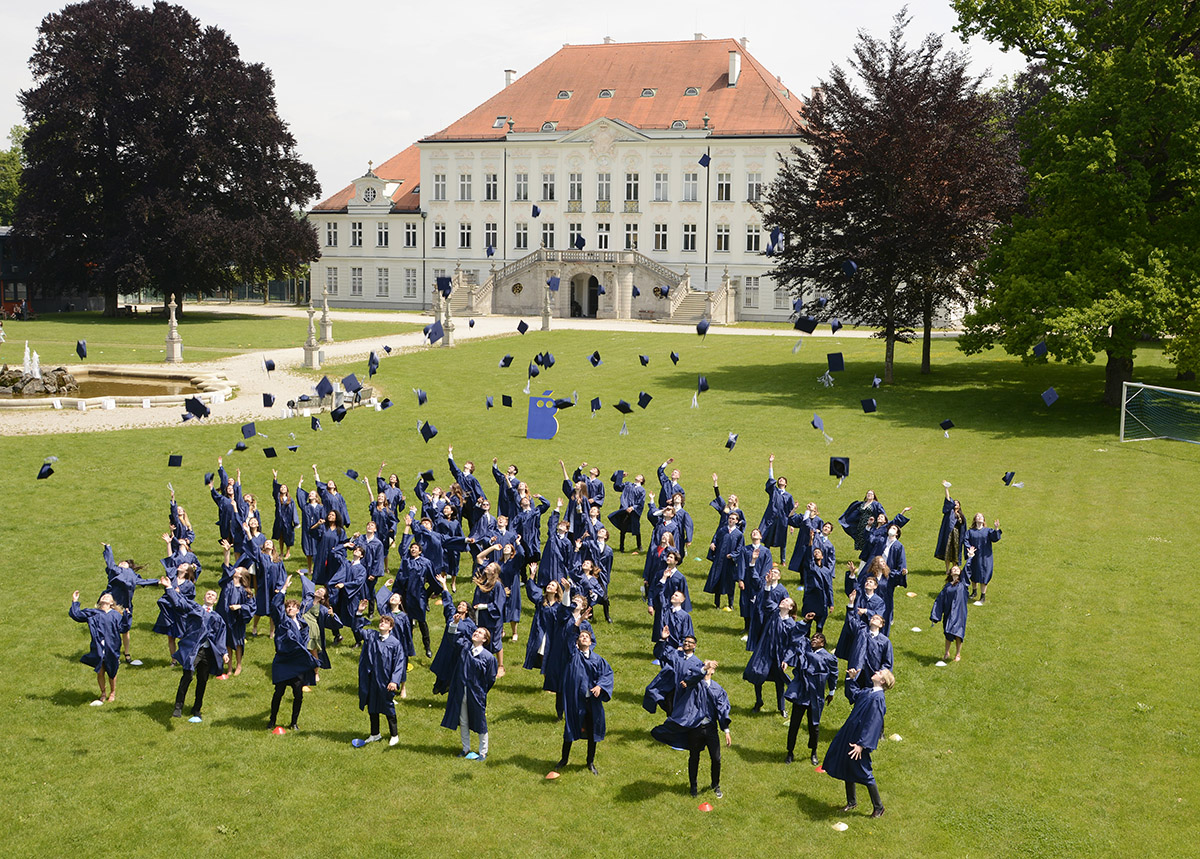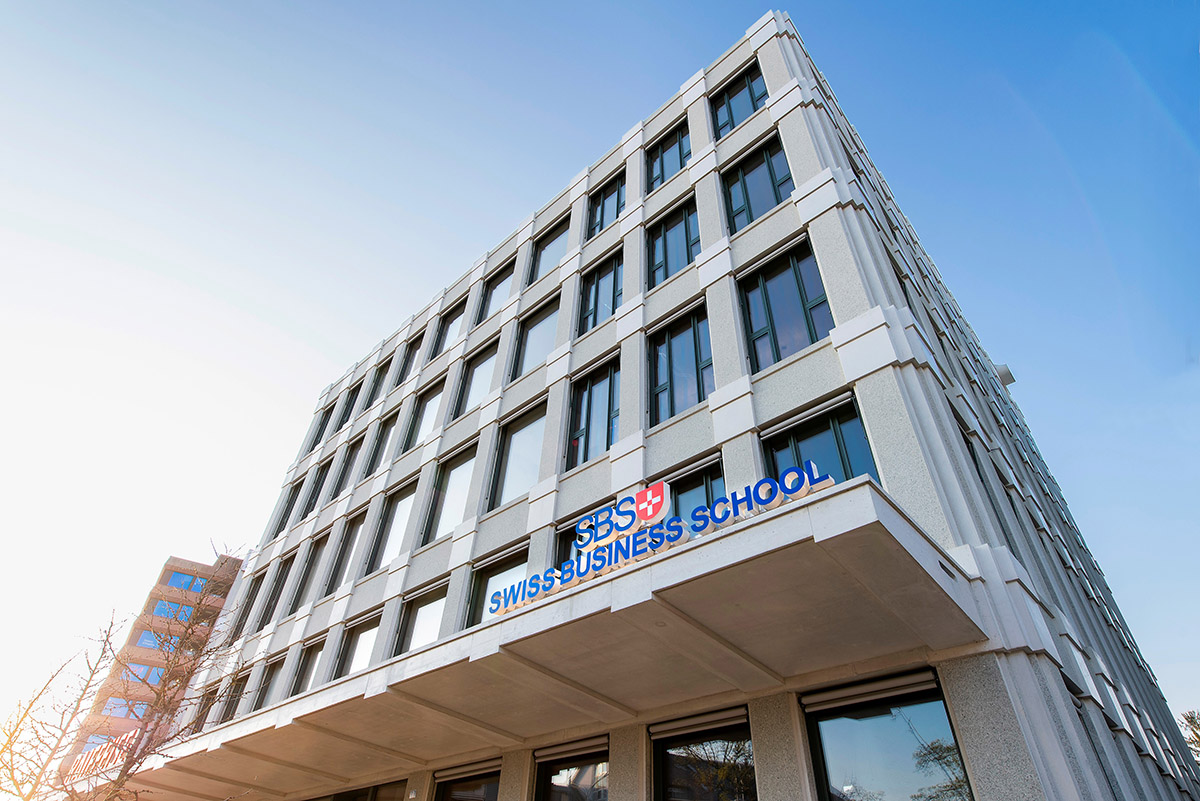DACH Region – Education Matters Compared
TEXT: CORNELIA BRELOWSKI I PHOTOS: UNSPLASH
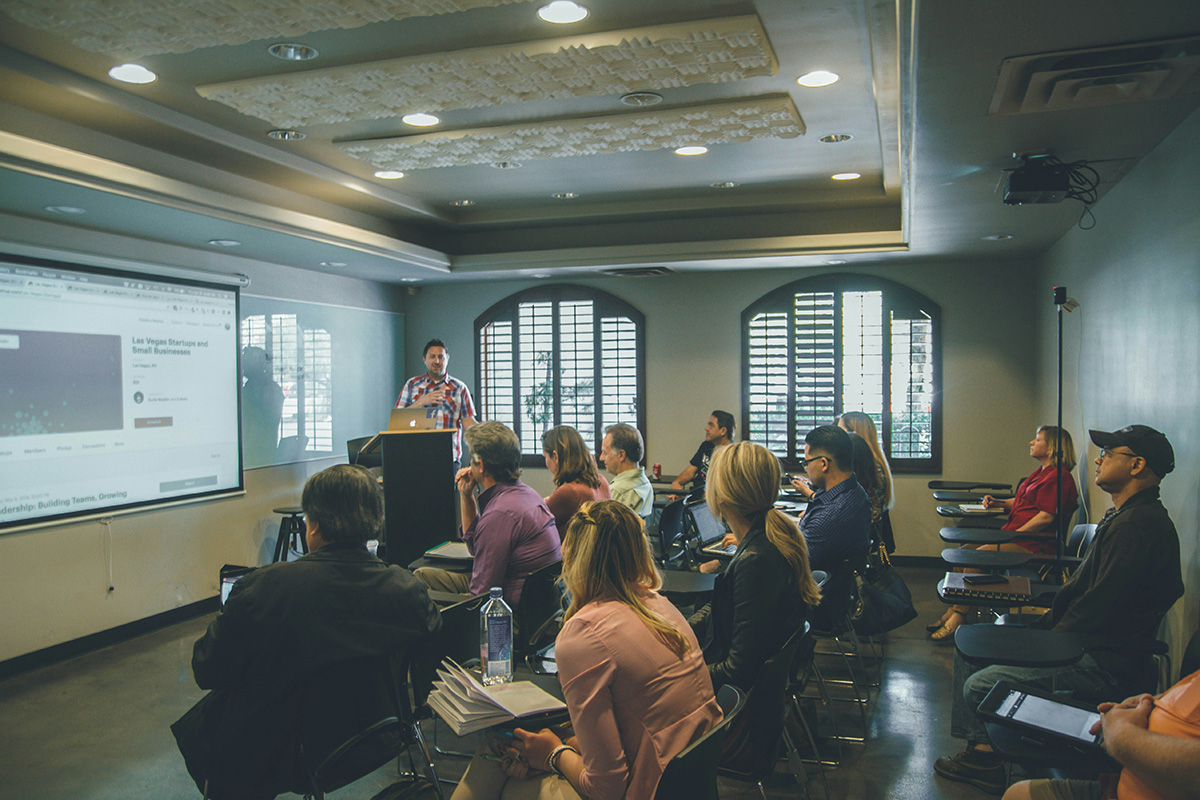
Photo: Kenny Eliason, Unsplash
In the spring of 2025, PISA – the educational performance study conducted for OECD countries – will release its highly anticipated results, as it does every three years.
Germany, Austria and Switzerland: All three countries of the DACH region take part in the triennial PISA studies, and over the past two years, there has been a prolonged nationwide debate about the bad results in Germany for the 2022 study*, which showed the worst outcome ever at position 24. Austria forms the mellow middle at position 18, while Switzerland at position 8 is hands down the current winner of the three DACH countries. Former allover winner Estonia is still better than Switzerland, and has only recently been surpassed by a small group of Asian OECD countries, led by Singapore which currently occupies first place in the PISA table.

Photo: Markus Spiske, Unsplash
Why German pupils are performing worse in international comparison of late, even when it comes to basic skills, has given much reason for discussion, especially because until 2018, Germany used to be above the OECD average. Education Minister Bettina Stark-Watzinger (Free Democratic Party) wants the federal government to have a greater say in digitisation and other important issues, as she stated in an interview with Rheinische Post: “Together with the federal states, I have just launched the ‘Startchancen’ Program for around 4,000 schools in challenging situations. Ten billion euros from the federal government and another ten billion from the federal states will flow into these schools over the next ten years.” The program is the largest and most long-term education program in the history of the Federal Republic of Germany and is especially aimed at struggling elementary schools.
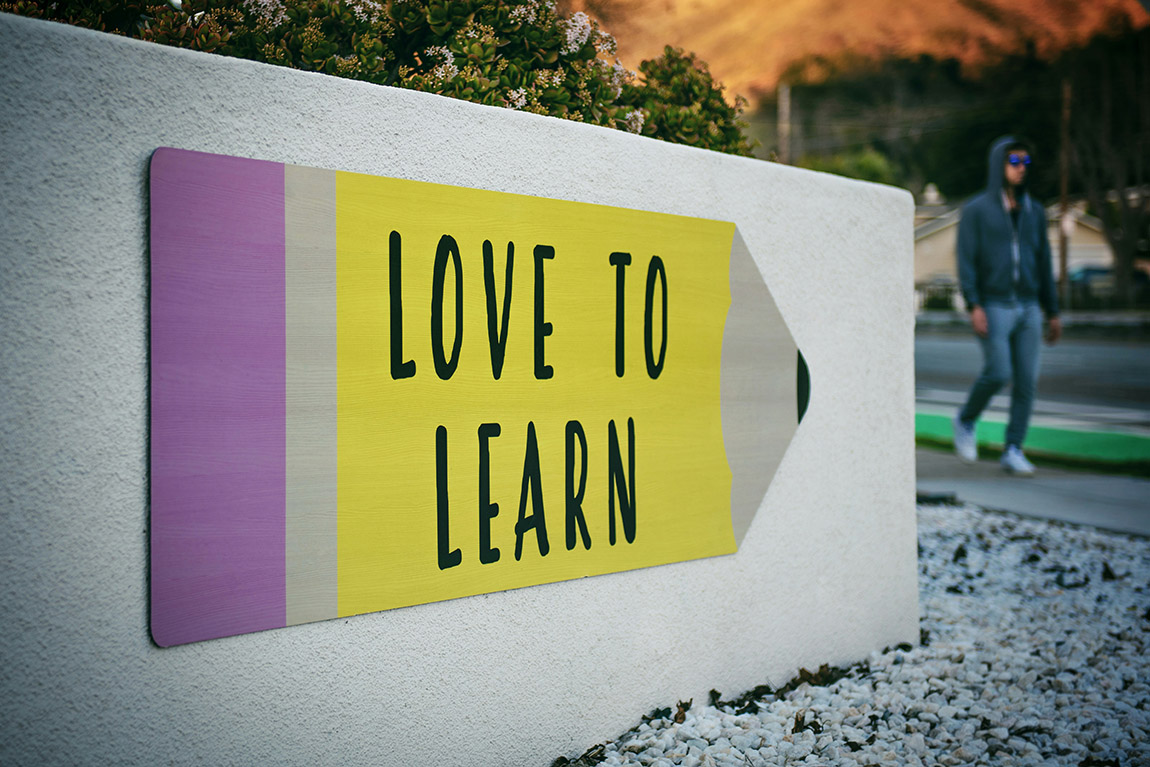
Photo: Tim Mossholder, Unsplash
Into the Future: Language and Digitisation
Education starts at the earliest possible age, and the most pivotal factor for any individual career path is language competency, says Stark-Watzinger: “We therefore also need mandatory language support for children who do not have a sufficient command of the German language before they start school. At the same time, more daycare places need to be created, especially for children under the age of three. And access must be as simple and non-bureaucratic as possible.” Another challenge currently tackled is the social media phenomena which bears risks through polarizing, distraction and misinformation: “Young people need to learn how to deal with it”, says Stark-Watzinger, “that’s why media literacy is so important and why it needs to be taught more. Democracy education also needs to be taught more in schools. This is one reason why we support the Federal Student Conference: This is where pupils learn to represent their interests by getting together, discussing, electing someone.”
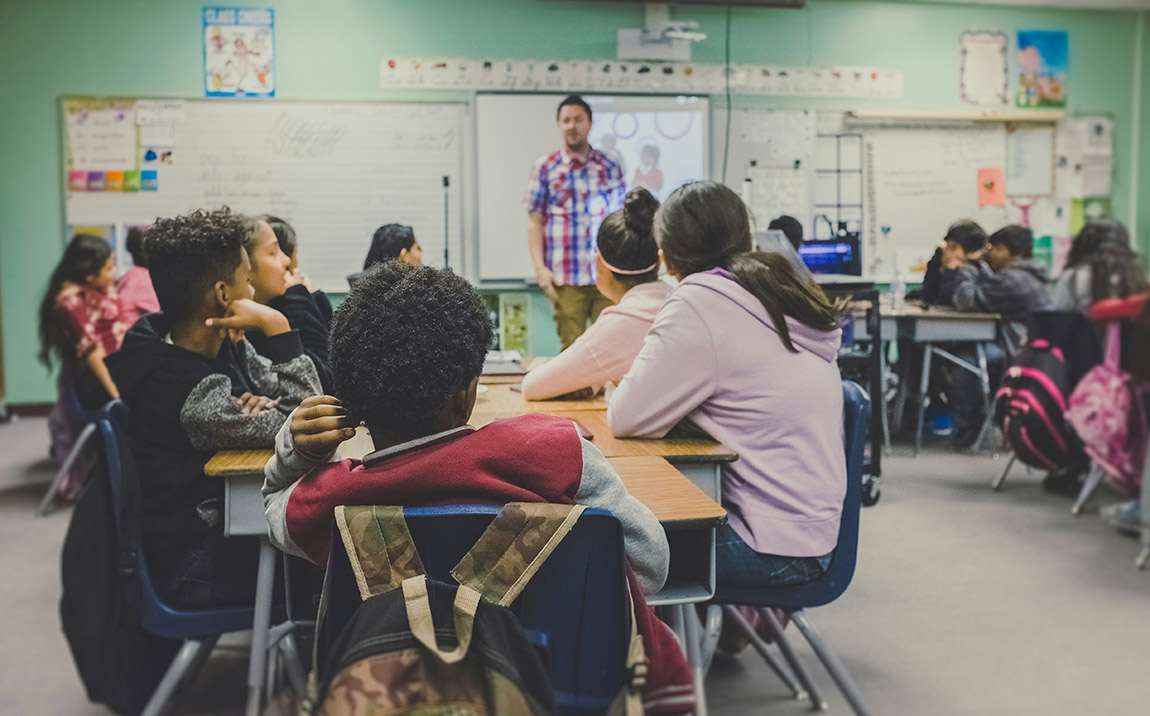
Photo: Kenny Eliason, Unsplash
And what about digitisation? The heads of German state governments are calling for the € 7.15 billion worth of the first digital pact for schools to be extended. With the current agreement, considerable progress has been made in the digitisation of the educational landscape between 2019 and 2024. In its coalition agreement, the coalition government had announced that it would launch a follow-up program with the federal states, a ‘Digital Pact 2.0’, which would run until 2030. This has been the subject of tough negotiations for a long time – even tougher now that it has become clear how cash-strapped the federal government is. In principle, schools are a matter for the federal states and not the federal government. Berlin now wants to finance a maximum of 50 percent.
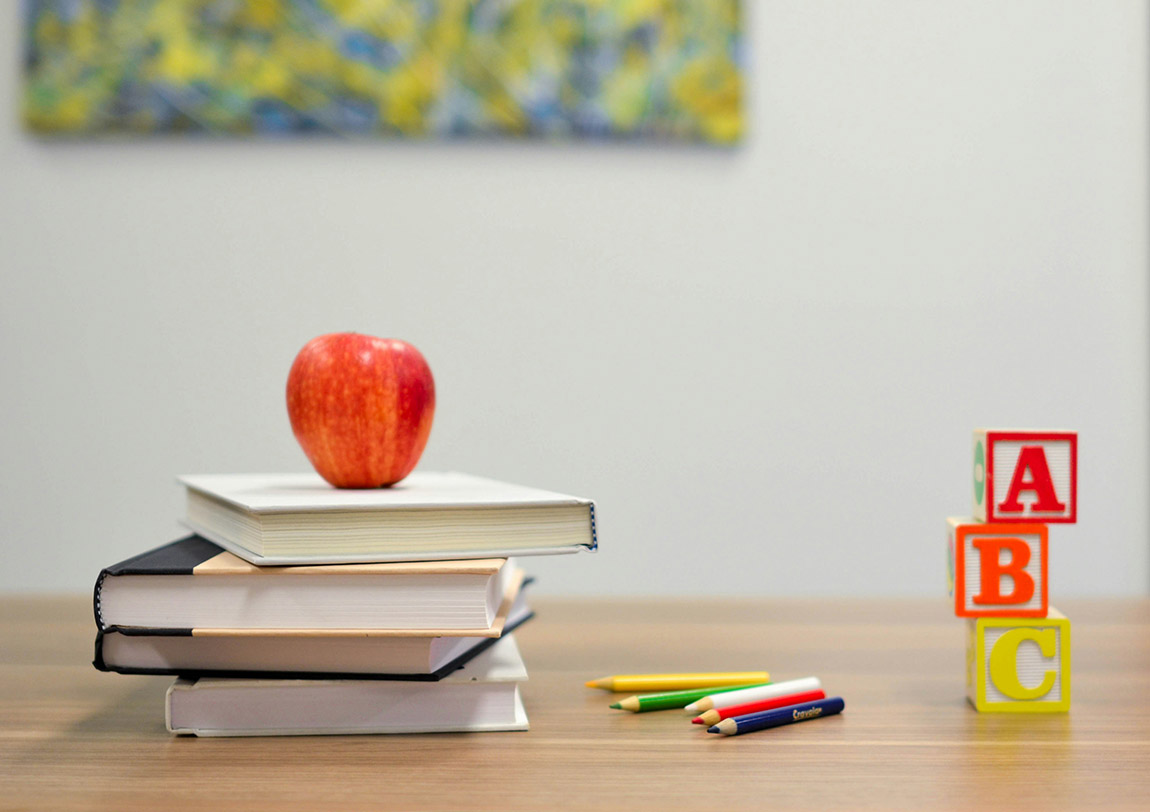
Photo: element5 digital, Unsplash
Austria: A Master Plan for Digitisation in Education
Possibly with a glance at the persistently good PISA results for Estonia, the wonderland of digitisation in education, the Austrian Federal Ministry of Education, Science and Research has implemented an 8-point master plan*, financed with a total of € 281.3 million distributed between 2021 and 2025. With its objectives, the master plan addresses all school educational institutions, starting with the elementary level through to the upper secondary level. Apart from digital devices for both students and teachers and an expansion of the school IT infrastructure, the master plan also aims at introducing standardized communication processes, distance learning MOOC, an alignment of the Eduthek (a collection of quality-assured links to external materials) with curricula, as well as a seal of approval for learning apps. (source: www.bmbwf.gv.at)

Photo: Martin Adams, Unsplash
Regarding language-based integration as the pivotal tool for success in education, Austria has introduced a standardized nationwide instrument in two versions (“BESK KOMPAKT” for children with German as a first language and “BESK-DaZ Kompakt” for children with German as a second language), used on a mandatory basis throughout Austria to determine children’s language skills in the last year before they start school. Based on the results of the language assessment tool, a mandatory handover sheet is sent from the elementary educational institution to the elementary school, which provides information on a child’s strengths and areas for support in the area of language and offers a concrete starting point for further support planning.
Germany’s new opportunity program for hotspot schools
Back to Germany and the new ‘Startchancen’ program: The primary goal is to decouple educational success from social background and ensure greater equality of opportunity. To this end, schools in difficult social situations have been receiving around 20 billion euros in funding since 2024. The extra money is to be invested in places of learning, or used for additional staff such as social workers.
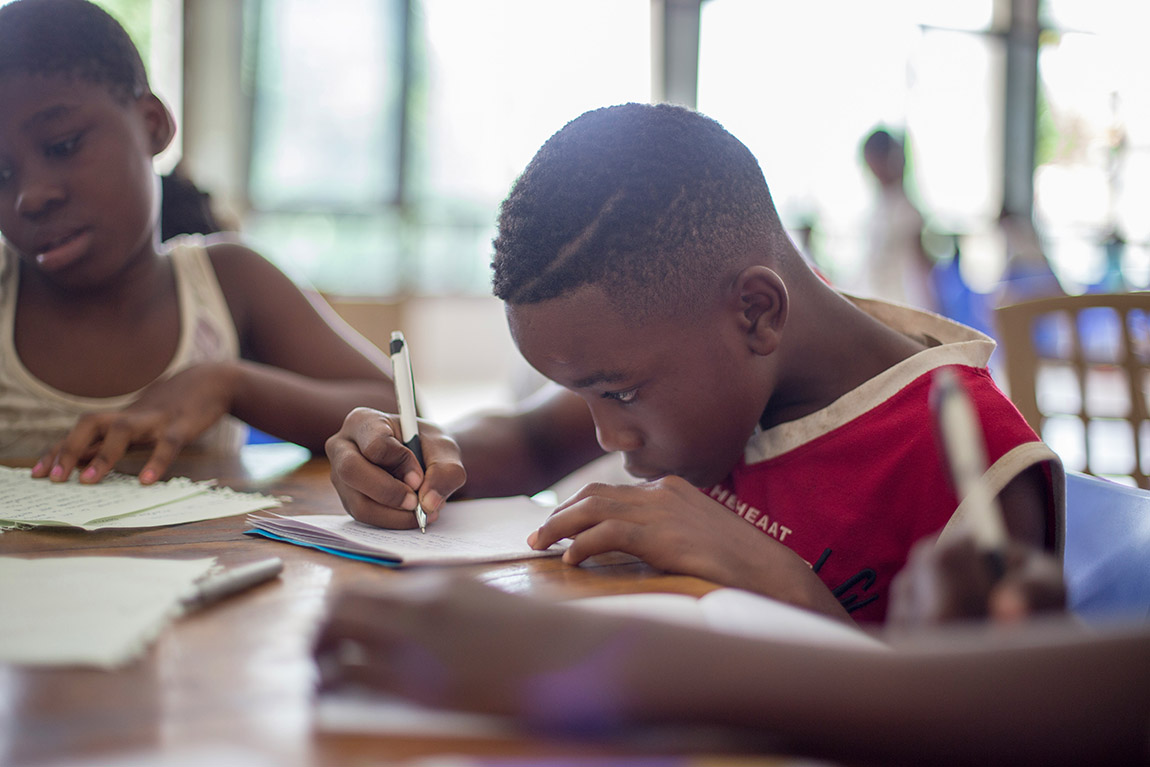
Photo: Santi Vedri, Unsplash
According to the authors of the Education Monitor, however, this will not be enough. Nationwide support must be expanded from 10 to 40 percent of schools, they argue. Otherwise, only too small a proportion of children will be reached and the problems will be carried further into the future. Education researcher Olaf Köller also says that five to ten times as much is needed to support pupils effectively. (source: Deutschlandfunk)
Fingers crossed, Germany will do better again in the future. Below, are a few other reasons why Switzerland may currently feature much stronger results than Germany.

Photo: Nathan Dumlao, Unsplash
Switzerland: Early Learning, Language Training and Evaluation
What makes Switzerland the current winner when it comes to DACH education?
In Switzerland, preschool education is mandatory, and connected with a language skill evaluation at the brink of entering elementary school. Expats even recommend using the mandatory preschool years for an unofficial language education – as many regions have their own dialects such as Swiss German, which the kids need to learn in addition to the official language(s) of the respective canton. Thus there is a strong focus on languages early on, which is also monitored and evaluated before the start of elementary school. This also gives migrant children a much better chance to catch up at an early level. Integration counsellor Matthias Estermann explains: “In Germany, attendance at KITA is voluntary, whereas, in Switzerland, children must have attended preschool for one or two years, depending on the canton. Switzerland is also making efforts to ensure a more flexible start to school life by setting up mixed-age classes.” (source: https://www.deutsch-schweiz.ch/familie/schulen)

Photo: Brooke Cagle, Unsplash
Secondly, at the end of elementary school, teachers’ recommendations with regard to the next school level are binding and can only be declined on the basis of an additional test, while German parents are free to choose if their children should move on to high school or not – which most of them do to avoid the perceived stigma of sending their kid to middle school.

Photo: element5 digital, Unsplash
In Switzerland, it is primarily children with good and stable performance who go to grammar school, which means that classes are smaller and students can be nourished more individually. Matthias Estermann points out: “In Switzerland, 20 children sit in a classroom on average. This remains similar at the secondary level I. In Germany, on the other hand, the numbers increase to around 30 children per class, mainly at grammar schools.” As a result, in Germany, the proportion of pupils aiming for the Abitur (High School Certificate) is twice as high, but the performance is not always up to par. This means, that Swiss students entering university are simply better prepared for higher education as well.

Photo: Arthur Lambilotte, Unsplash
It will be therefore be of no surprise that apart from PISA, also the WEF’s World Competitiveness Report rates the Swiss education system among the best in the world. Apart from the level of the workforce and general qualification, the report also evaluates the quantity and quality of educational measures, including the development of digital literacy, interpersonal skills and the ability to think both critically and creatively.
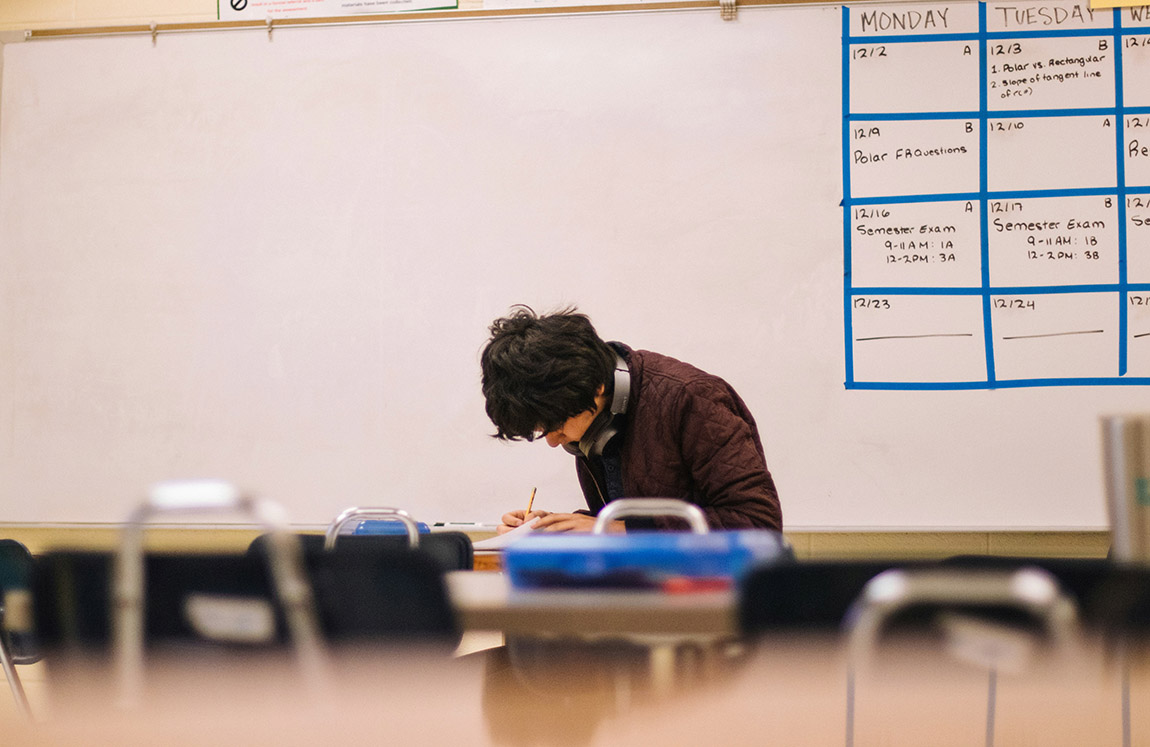
Photo: Jeswin Thomas, Unsplash
Teachers Matter
All three DACH regions put immense efforts into schooling not only students, but also the teaching personnel. Online schooling, AI inclusion, social media management as well as integration through early language acquisition currently prove to be the most pivotal themes in teacher training. However, especially in Germany, teachers also need to receive appropriate support, motivation and appreciation for their often challenging work.
While – with a look at Switzerland and Austria – reduced class sizes and mandatory early language programs might lead to better long-term results, relief and motivational efforts for the teaching personnel matter just as much.
Teacher motivation as the key to better education is therefore also high on Stark-Watzinger’s agenda: “The teaching profession must become more attractive and be more highly regarded. Just putting up posters at the airport will not solve the problem. Schools must be a place where teachers can help shape things. They need freedom and less bureaucracy.”

Photo: Aaron Burden, Unsplash
Early Bird Factor – Preschool schemes in comparison
Switzerland (PISA position 8) – mandatory as of age 4 (2 years)
Austria (PISA position 18) – mandatory as of age 5 (1 year)
Germany (PISA position 24) – voluntary (decision up to parents)
Education Matters – Who decides?
Switzerland (PISA position 8) – cantons
Austria (PISA position 18) – federal government (e. g. nationwide curricula)
Germany (PISA position 24) – federal states
* PISA 2022 results:
www.oecd.org/en/about/programmes/pisa.html
Find Bettina Stark-Watzinger’s interview here (in German):
www.rp-online.de/politik/deutschland/stark-watzinger-bildungsministerin-fordert-sprachtests-fuer-kleinkinder_aid-107365379
Further sources used for the article:
www.watson.ch
www.oesterreich.gv.at
www.bmbf.de
Subscribe to Our Newsletter
Receive our monthly newsletter by email

